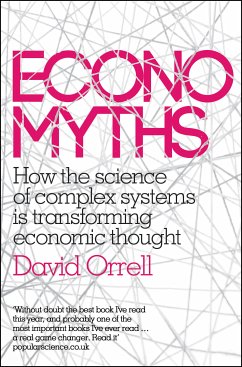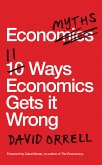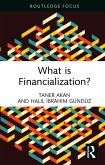From the failure of wealth to make us happier to the catastrophic blindness to the credit crunch, Economyths reveals ten ways in which economics has failed us all. Forecasters predicted a prosperous year in 2008 for financial markets - in one influential survey the average prediction was for an eleven percent gain. But by the end of the year major economies were plunging into recession. An even bigger casualty was the credibility of economics, which for decades has claimed that the economy is a rational, stable, efficient machine, governed by well-understood laws. Mathematician David Orrell traces the history of this idea from its roots in ancient Greece to the financial centres of London and New York, shows ten distinct ways in which it is mistaken - and proposes new alternatives. Orrell explains how the economy is the result of complex and unpredictable processes; how risk models go astray; why the economy is not rational or fair; why until very recently no woman had ever won the Nobel Prize for economics; why financial crashes are less Black Swans than part of the landscape; and finally, how new ideas in mathematics, psychology, and environmentalism are helping to reinvent economics.
Dieser Download kann aus rechtlichen Gründen nur mit Rechnungsadresse in A, B, BG, CY, CZ, D, DK, EW, E, FIN, F, GR, H, IRL, I, LT, L, LR, M, NL, PL, P, R, S, SLO, SK ausgeliefert werden.









